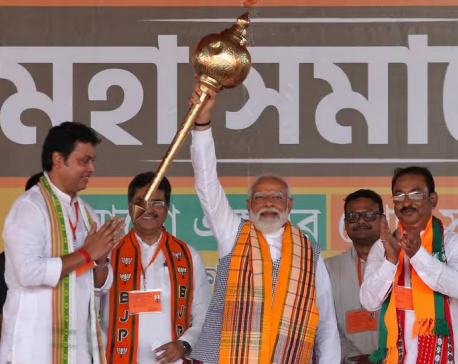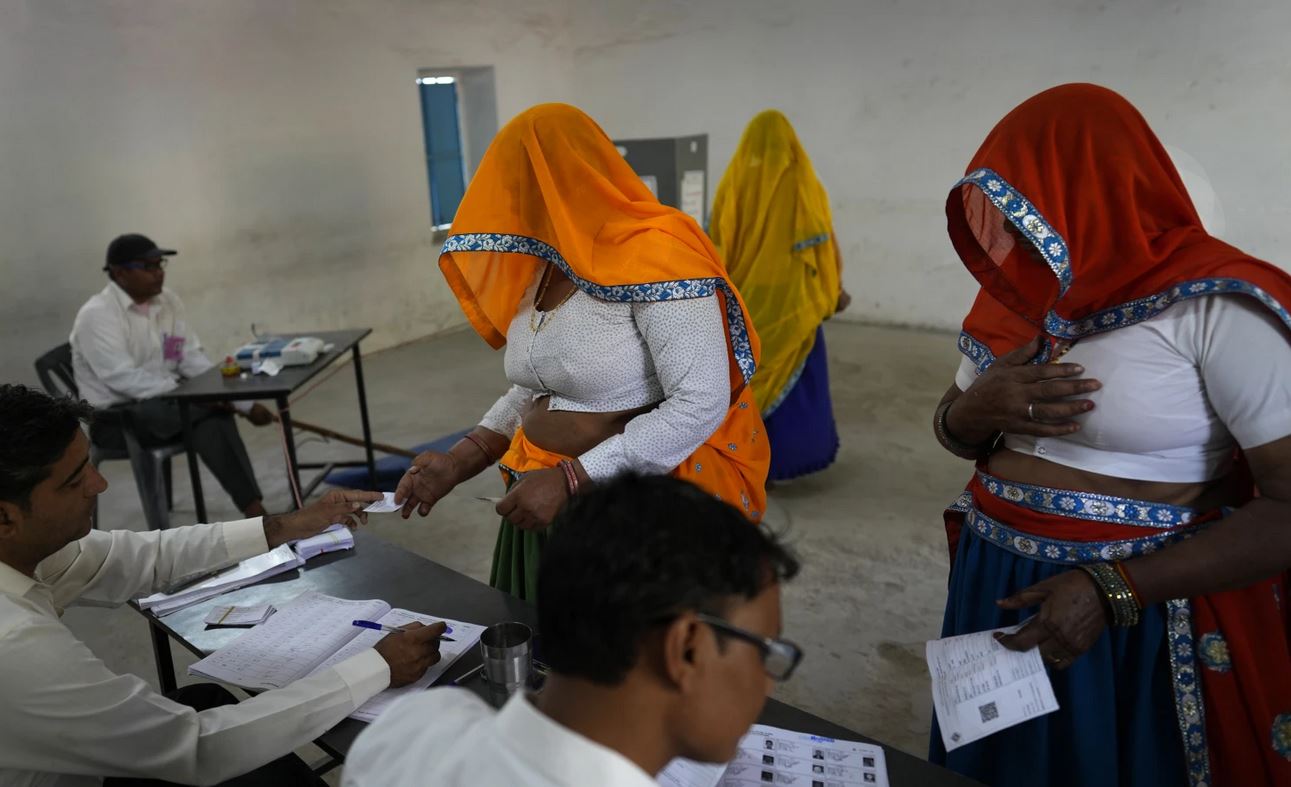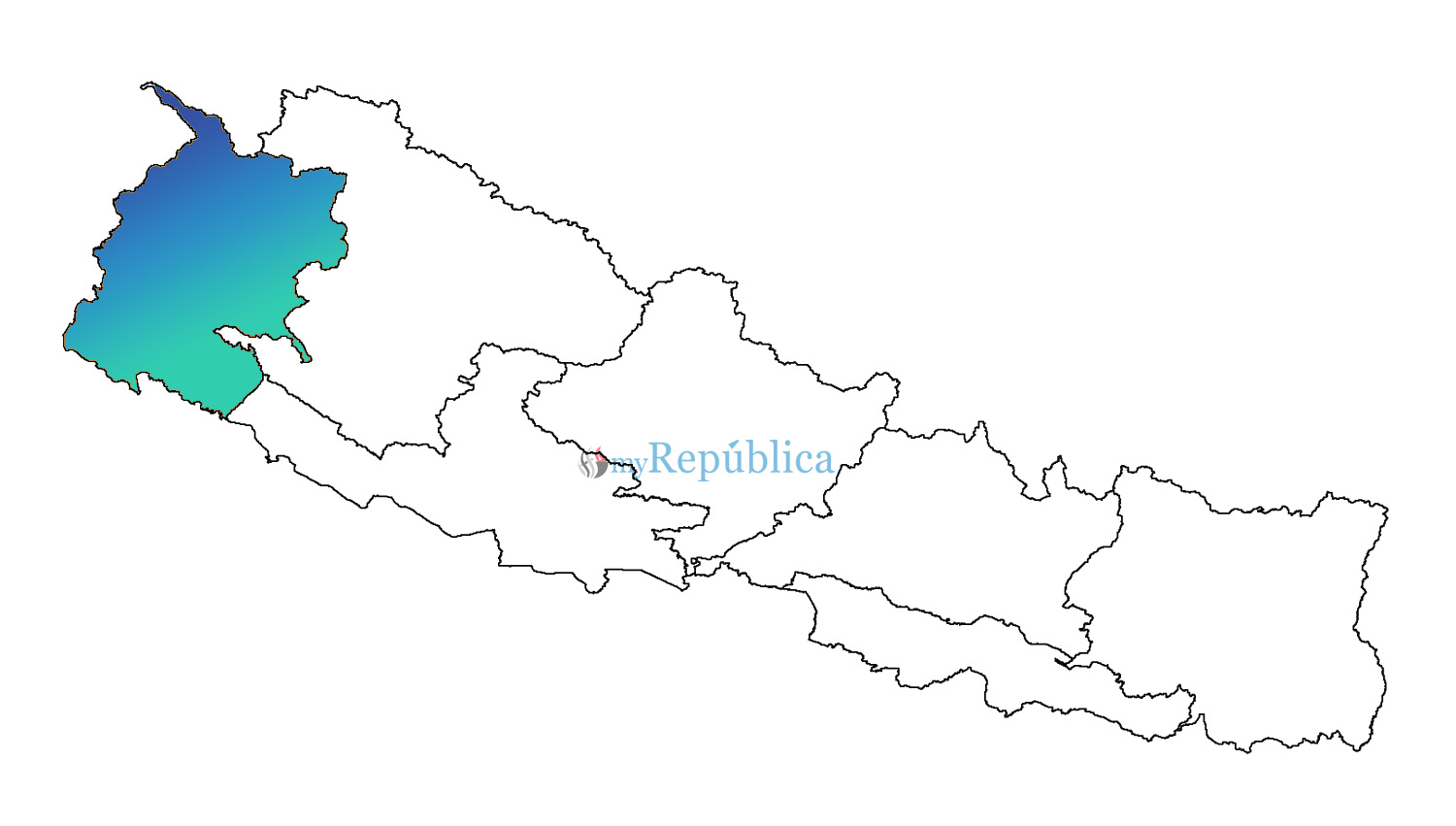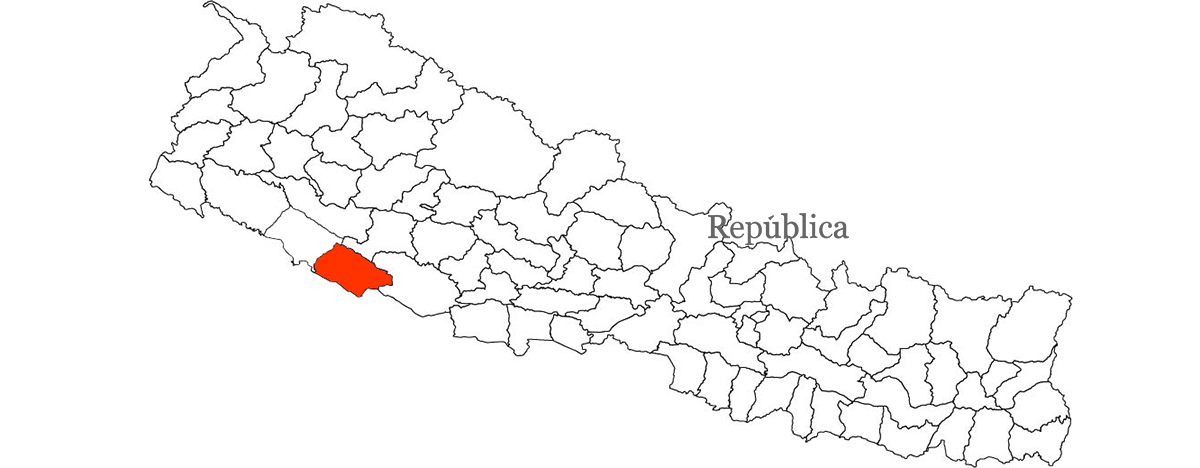
OR
Market monitoring
One reason for widespread skepticism of the government’s market monitoring efforts is their timing. Why are our markets, of everything from food to merchandize, monitored once a year, on the eve of Dashain, and at no other time? Is it true that our market monitoring personnel only want to make some fast bucks to tide over their Dashain, as many suspects? Otherwise, what is the purpose of this once-a-year monitoring? Recently, the Department of Supply Management and Protection of Consumer Interest raided some shops in Durbarmarg, accusing them of selling products for as much as 11 times the cost price. In protest, nearly all the shops there pulled down their shutters. Then, after a few days, the shops (besides the ones the department sealed) opened again. Why did the shops have to voluntarily close if they were doing no wrong, and what made them open without the government meeting any of their conditions? Have they been given secret guarantees that the government won’t again meddle in their business, no matter how much they continue to cheat their customers? Or did they do so because they didn’t want to miss out on the Dashain bonanza?
Whatever the case, there is no point in raiding these shops, once in a blue-blue moon, and leaving them to do pretty much as they please for rest of the time. People will believe the government is serious about consumer rights only if these surprise raids are carried out on a regular basis, and not just in Durbarmarg but in all the markets, big and small, in Nepal. It is also curious that the vital task of inspecting our fruits and vegetables for dangerous pesticides tends to be discontinued as soon as the subtle poisoning of our foodstuff stops making headlines. According to food scientists, many of our foods continue to have dangerous levels of pesticides, some of them carcinogenic. Likewise, the milk and mineral water that is available in Nepali markets have been found substandard, yet save for a handful of headline-hugging cases, most of their adulterers have been allowed to continue with their underhand businesses. The tailor-made reply from the department is that they are unable to carry out year-round inspections as they have insufficient money and manpower. But this is a lame excuse because for most of the year even its few market monitors are inactive.
If the goal is to prevent unscrupulous traders and businessmen from fleecing customers during festivals, the times of highest turnovers, even then there can be no justification for limiting market monitoring to Dashain-eve. Why aren’t our markets also monitored on the eve of, say, Ramazan or Christmas? The Christmas-related sales these days are substantial. And the markets have to be monitored for both quality and price. As it stands, consumers in Nepal have no rights. They can’t complain when lights in their homes go out all of a sudden or when their taps have not seen any water for years on end. But most of the times, they don’t even know they are being cheated. Nepal has of late seen a boom in private business, allowing the government to collect record tax revenues. But the state is apparently unwilling to spend even a tiny bit of this money to ensure that the source of its wealth, the common consumers, is protected.
You May Like This

Fixing a win by outlawing dissent damages democracy
The world’s largest elections begin this weekend in India, amid claims that the race to lead the country has already... Read More...

Rain shocks: On the monsoon in 2024
The India Meteorological Department (IMD) has forecast a bountiful monsoon. Rainfall from June-September is expected to be 6% more than... Read More...

Nagdhunga-Sisnekhola tunnel breakthrough: Beginning of a new era in Nepal’s development endeavors
The breakthrough of the Nagdhunga-Sisnekhola tunnel marks a significant leap forward in Nepal's development. For Nepalis who have only traveled... Read More...






Just In
- Construction of embankments along seven streams begins in Kailali
- 265 cottage and small industries shut down in Banke
- NEPSE lost 53.16 points, while investors lost Rs 85 billion from shares trading last week
- Rainbow tourism int'l conference kicks off
- Over 200,000 devotees throng Maha Kumbha Mela at Barahakshetra
- Indians vote in the first phase of the world’s largest election as Modi seeks a third term
- Kushal Dixit selected for London Marathon
- Nepal faces Hong Kong today for ACC Emerging Teams Asia Cup













Leave A Comment